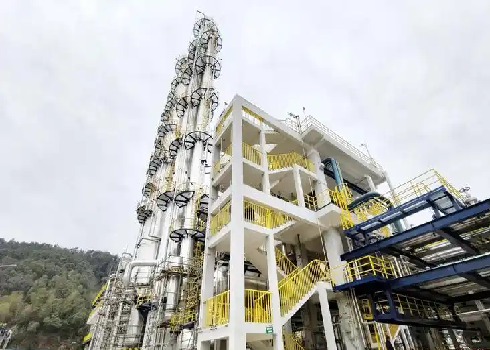
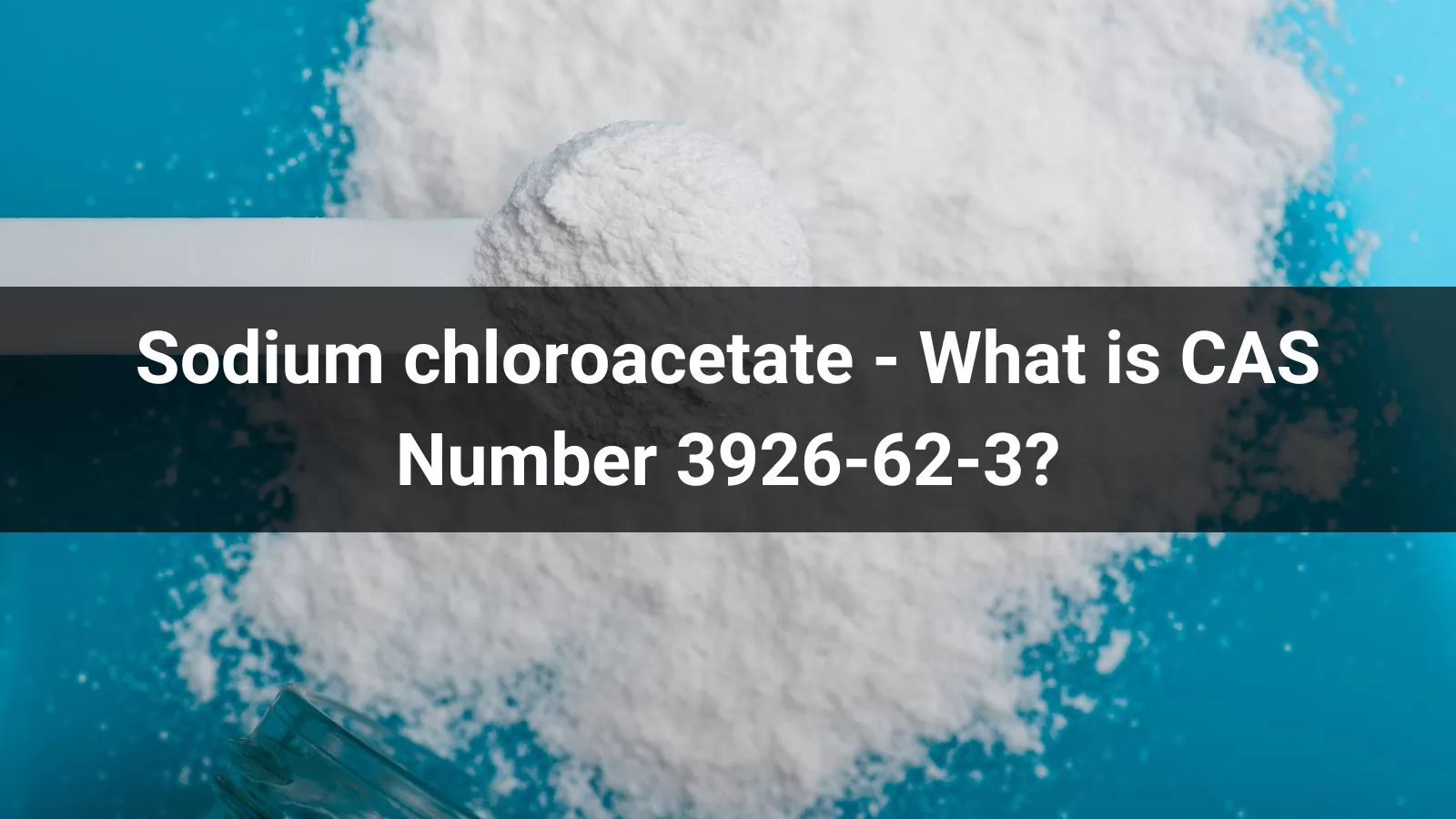
CAS Numbers, short for Chemical Abstracts Service numbers, are unique identifiers assigned to every chemical described in scientific literature. These numbers are crucial in scientific and industrial contexts as they provide an unambiguous way to identify substances, avoiding confusion that can arise from varied chemical names or formulas. Each CAS Number is distinct, enabling precise tracking and regulation of chemicals worldwide. This system is fundamental in ensuring safety, accurate communication, and consistency across industries such as pharmaceuticals, research, and manufacturing.
Precise Identification: Each CAS Number uniquely identifies a single substance, eliminating confusion that can arise from similar or varied chemical names.
Enhanced Safety: They are integral to safety documentation, hazard communication, and regulatory compliance. CAS Numbers help quickly cross-reference safety data and regulations, streamlining communication between scientists, manufacturers, and regulatory bodies.
Facilitated Research: CAS Numbers allow for efficient access to comprehensive scientific literature, patents, and research information on specific substances. For organizations working across borders, the numbers ensure consistency in chemical identification, making research and development more accessible.
CAS Number 3629-62-3 identifies Sodium Chloroacetate, a chemical compound with the formula CH₂ClCO₂Na. This white, water-soluble solid is the sodium salt of chloroacetic acid and shares similar applications to its parent acid. Its production involves treating chloroacetic acid with sodium carbonate, resulting in a compound useful across various industrial applications, including organic synthesis, chemical manufacturing, and agrochemical production. Sodium chloroacetate’s reactivity makes it valuable in creating carboxylic acids, esters, and other organic compounds. Proper handling is crucial due to its reactivity and potential hazards.
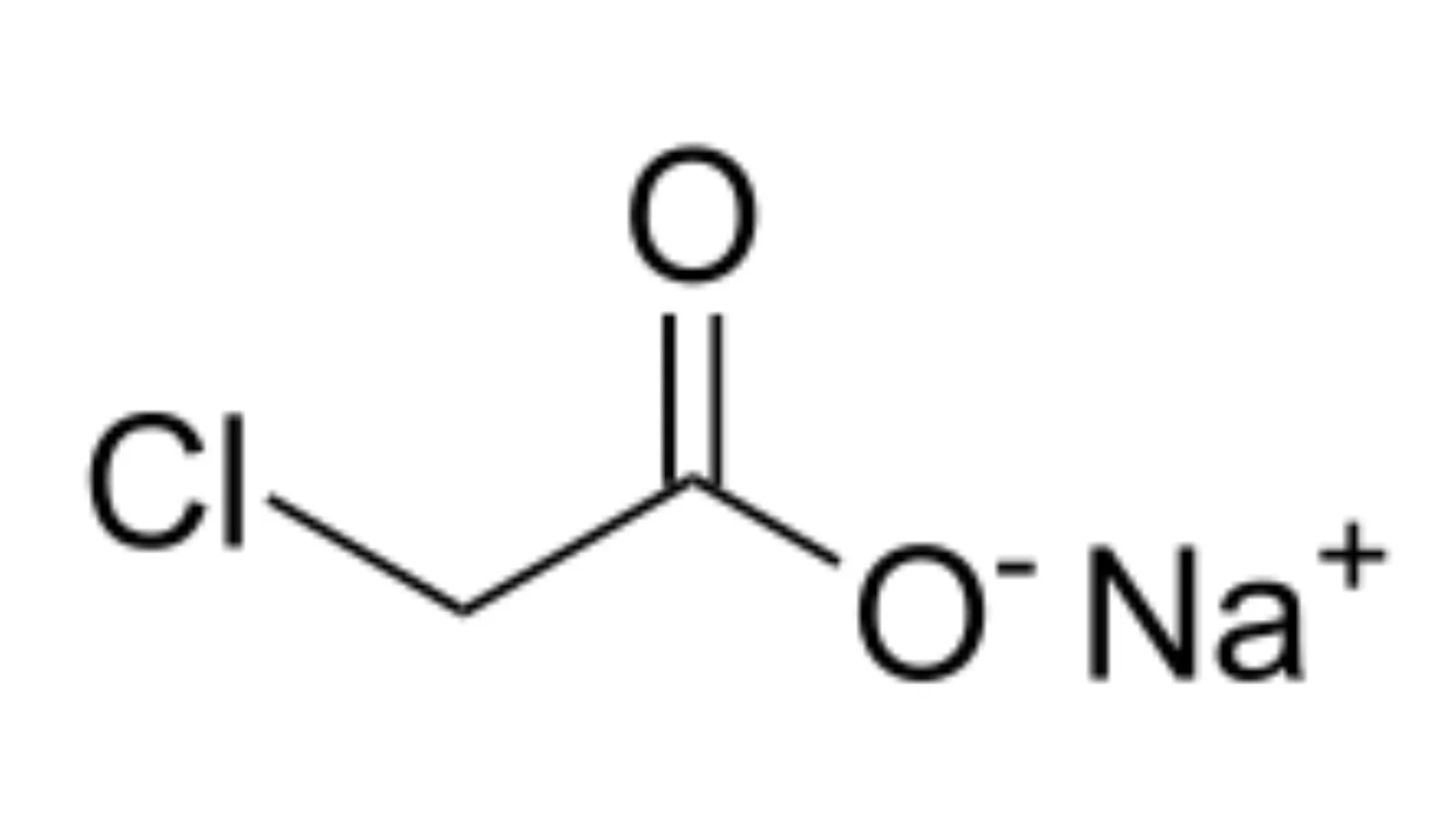
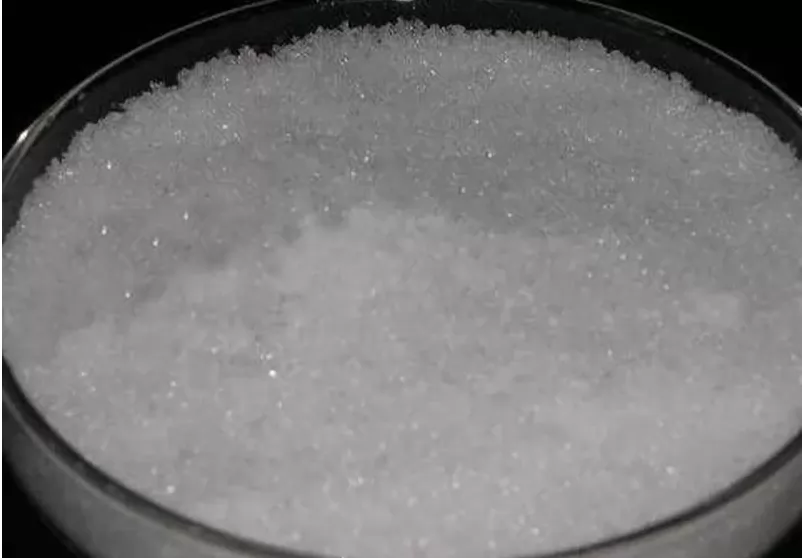
Chemical formula:C2H2ClNaO2
Molar mass:116.48 g·mol−1
Appearance:white soild
Density:1.401 g/cm3 (25 °C)
Solubility in water:soluble in water, ethanol, chloroform, ether and benzene
Agricultural Chemicals: Used to produce herbicides, pesticides, and plant growth regulators, sodium chloroacetate is key in creating products that control weeds and pests in farming.
Pharmaceuticals: It is involved in synthesizing intermediates for drugs and bioactive compounds, supporting the production of various medications.
Dyes and Pigments: Employed in the manufacture of dyes, sodium chloroacetate serves as a building block for colorants used in textiles, plastics, and inks.
Cosmetics and Personal Care Products: In personal care industries, it helps produce certain active ingredients in cosmetics, skin treatments, and hair care products.
Chemical Intermediates: Sodium chloroacetate is widely used to synthesize other chemical intermediates, including carboxylic acids, which are essential in producing a range of industrial chemicals and consumer products.
The production of sodium chloroacetate must account for environmental and safety considerations due to its chemical reactivity and potential hazards. Proper handling, storage, and disposal are critical to avoid contamination and minimize risks. The chemical can pose dangers to aquatic life, and its production should adhere to stringent environmental protection guidelines. Additionally, workers must use protective equipment, including gloves and goggles, and ensure adequate ventilation to prevent inhalation of fumes. Waste management practices should follow regulatory standards to prevent environmental damage.
Production Scale and Capacity;
Technical Strength and Expertise;
Product Purity and Quality;
Safety Data Sheets (SDS);
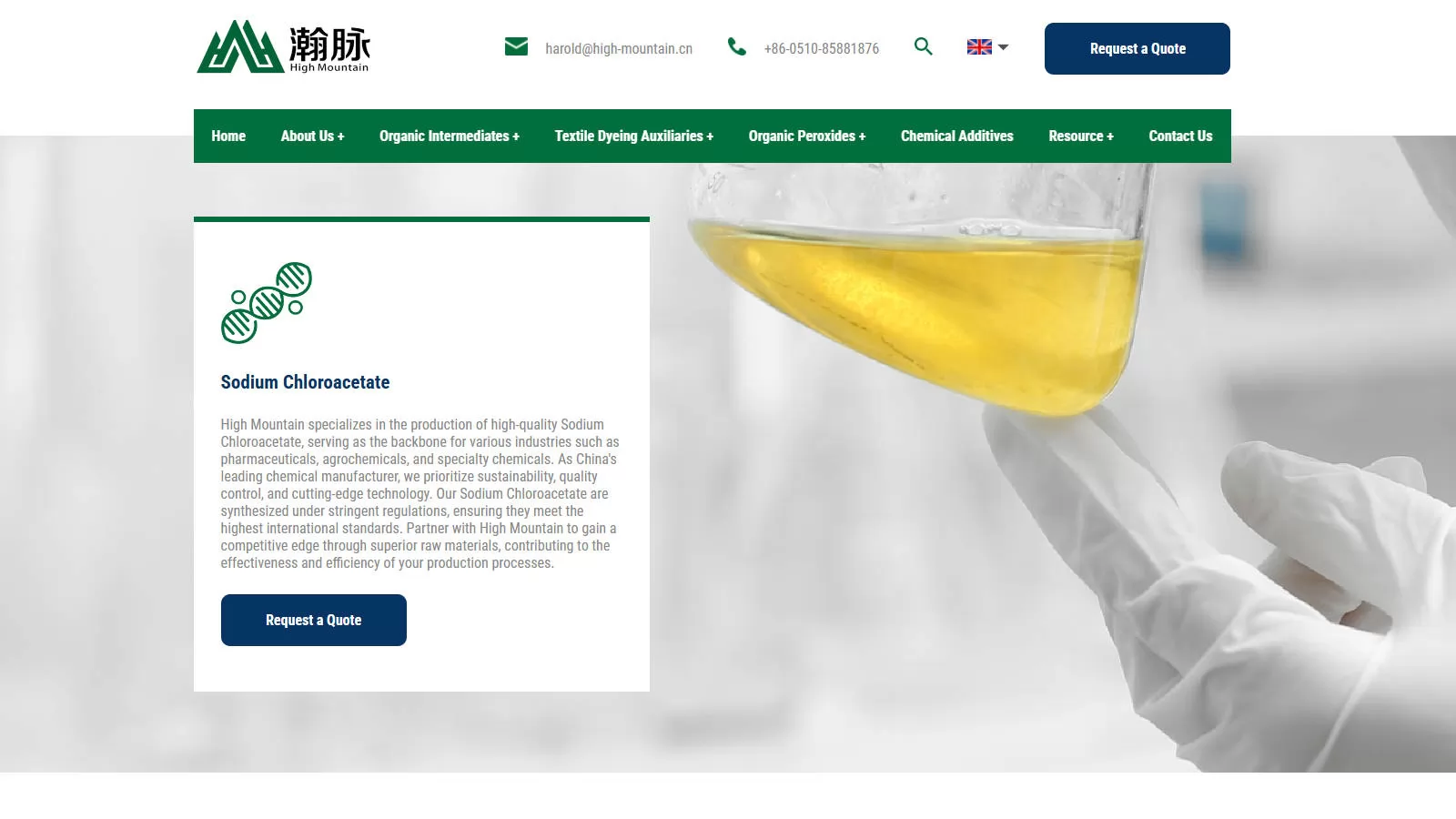
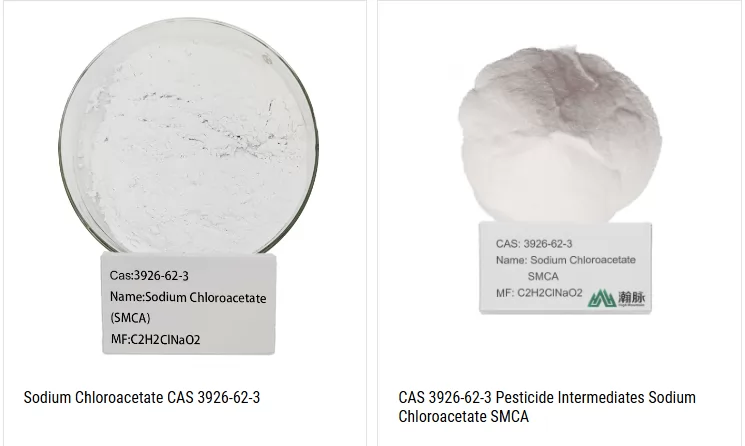
One outstanding option is High Mountain Chem, a professional industrial company specializing in the production of speciality chemicals, including Sodium chloroacetate.
For further inquiries or to discuss your specific needs, feel free to contact our team.
Sodium chloroacetate plays a vital role as an intermediate in the production of various chemicals, including herbicides, pesticides, and pharmaceuticals. Its versatility extends to applications in the production of resins and plastics. Buyers should prioritize the quality, purity, supplier reliability, and adherence to regulatory standards, ensuring compliance with environmental and safety guidelines. Looking to purchase sodium chloroacetate for your business? Contact us for a free consultation to meet your specific needs and compliance requirements.






